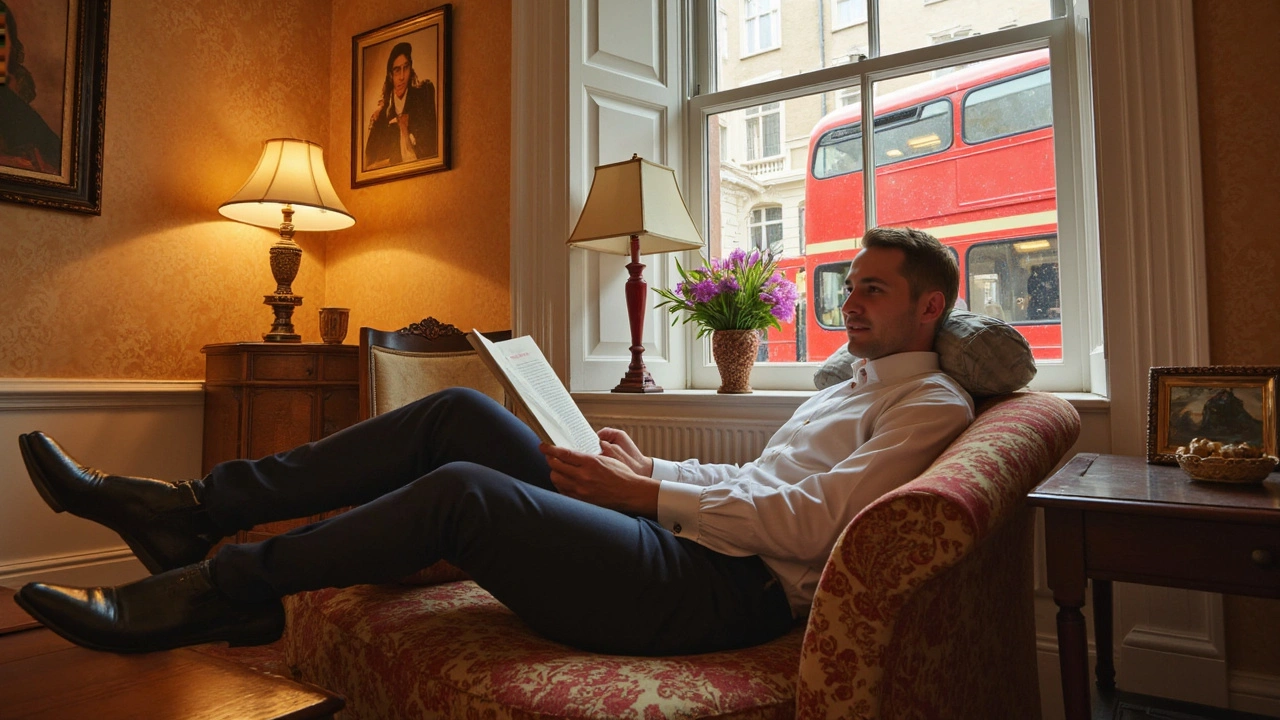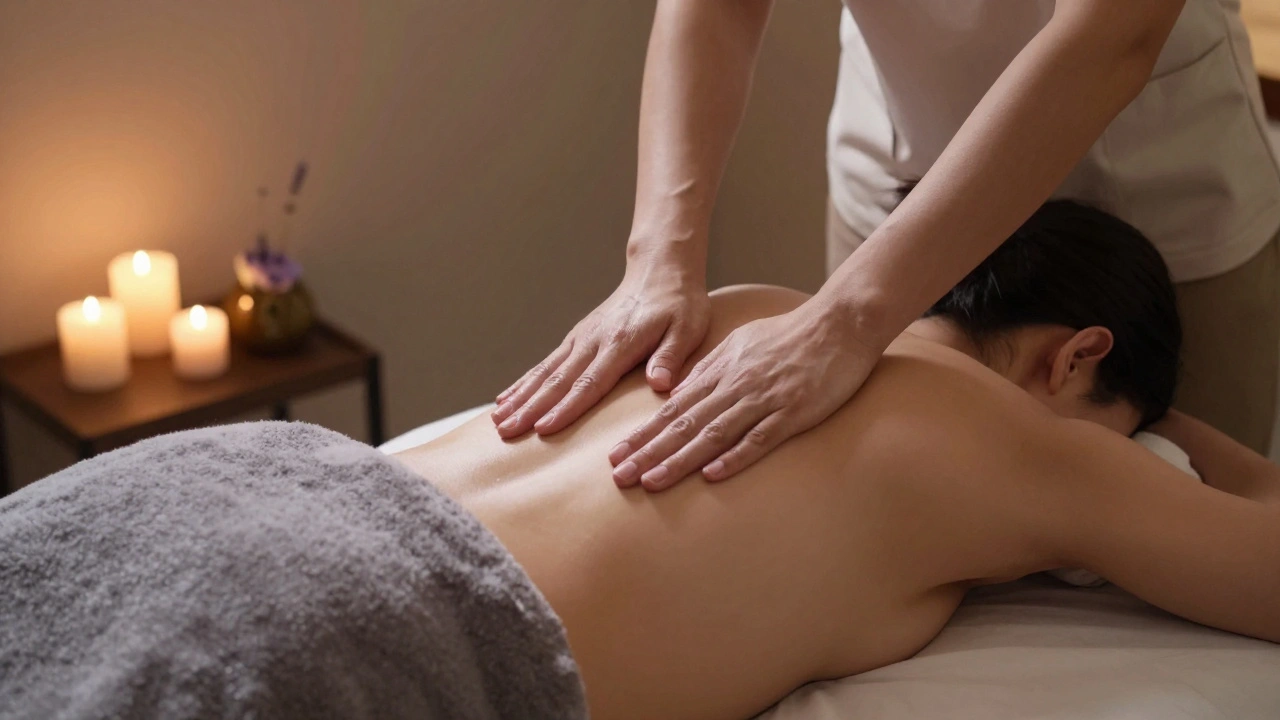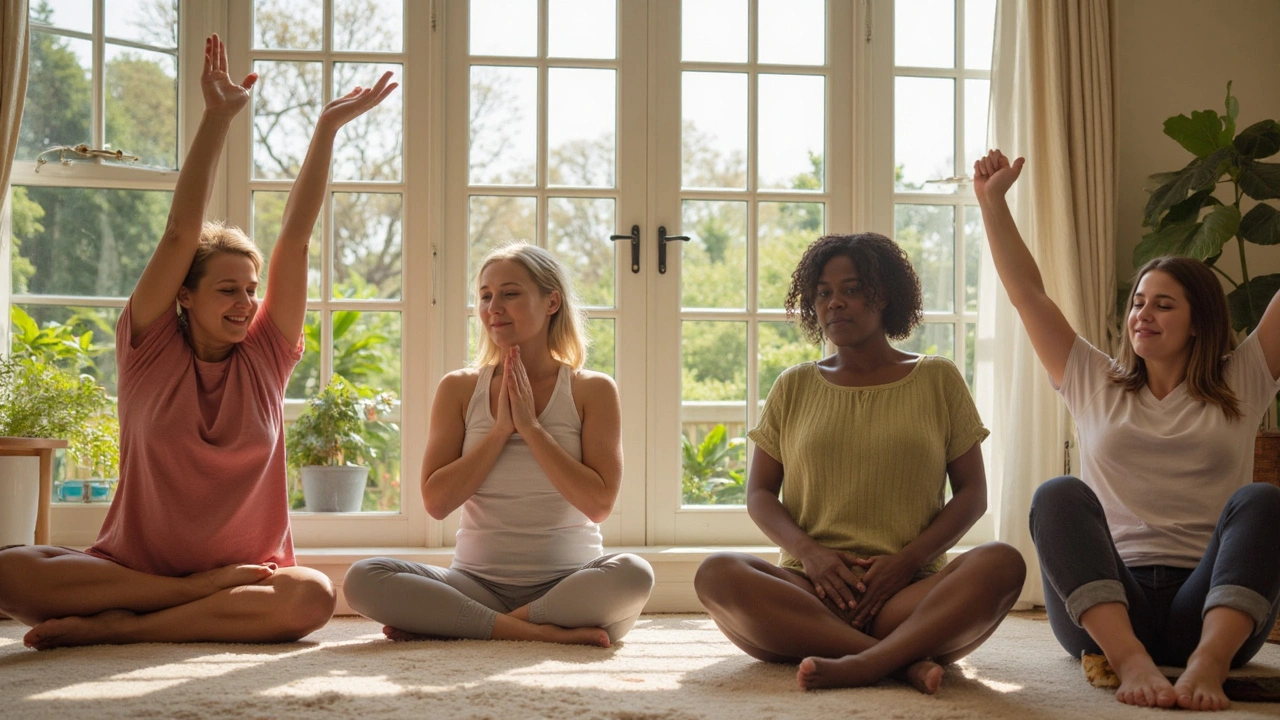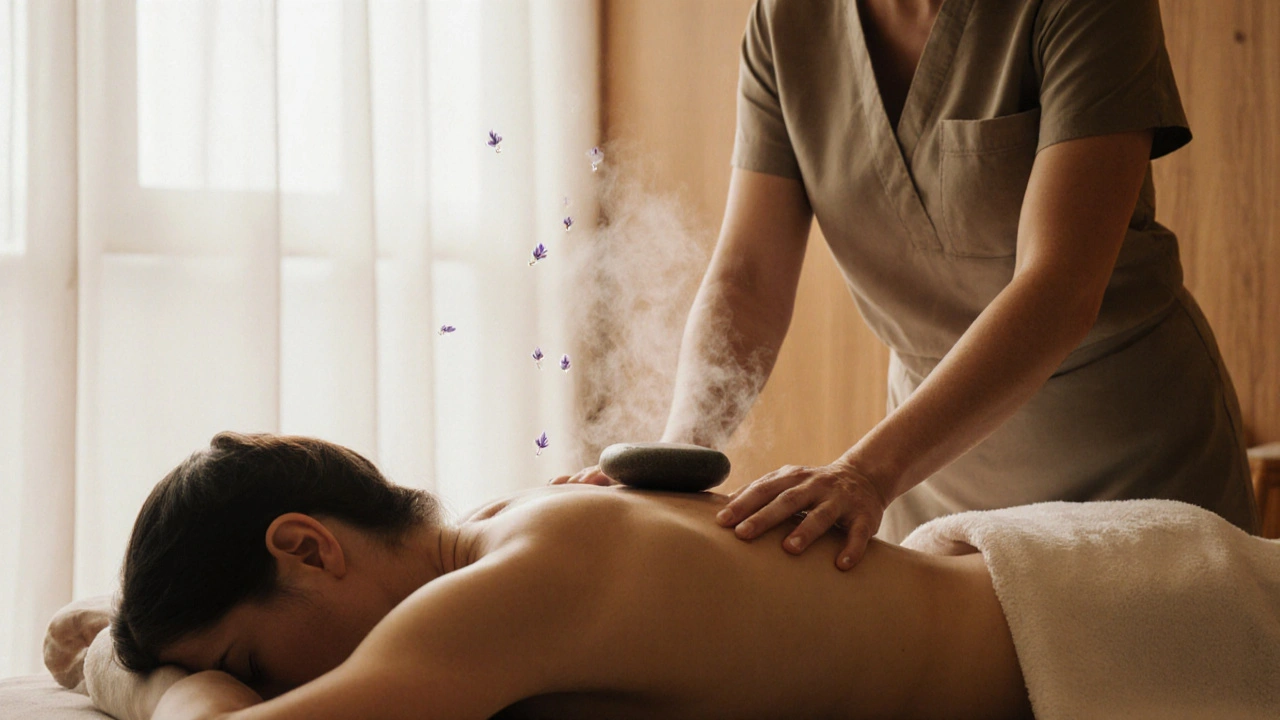Best Massage London: Rejuvenate Your Mind and Body with Professional Techniques

Stuck in the grind, I’ve had days when my mind races and my shoulders tense so badly that even my morning coffee trembles. Let’s face it, modern life is a pressure cooker—emails ping in the night, the Tube squeezes you like toothpaste, and good sleep feels like an urban legend. But here’s something a lot of Londoners are discovering: the right massage isn’t just a luxury. It’s a reset button, with science and centuries of tradition on its side.
Why Massage Therapy Is More Than Just Pampering
Massage sometimes gets this unfair reputation—it’s just for pampering, right? Not quite. There’s serious science behind why it works. When a skilled therapist works their magic, your body doesn’t just feel good; there’s a surge of oxytocin, the same hormone you feel when you connect with a loved one. Blood pressure drops. Muscles that have coiled tight from endless meetings and weekend football games suddenly let go. There have been studies, like the one from the University of Miami, showing massage can lower the stress hormone cortisol by up to 31%—helps explain why you walk out feeling lighter.
In London, therapists use everything from Swedish and Thai to deep tissue and sports techniques. What’s so special about London’s approach? For one, the city has always been a blend of cultures. You could get a gentle Balinese massage on Monday, then try Japanese Shiatsu on Friday. Some of the top therapists even mix techniques in a way that’s custom-fit to you. When my mate Paul tried a bespoke session in Soho, he said it felt like his chronic back pain was ‘switched off’ for the first time in years.
But let’s talk about the mind. Massage doesn’t just help sore muscles—the brain benefits too. Regular sessions have been linked with better sleep, sharper focus, and fewer headaches. And with London being one of the world’s most sleep-deprived cities (yes, there are stats showing Londoners average just 6.3 hours a night), that’s huge.
"Massage therapy isn't just a luxury; it's a vital tool for maintaining mental health," says Dr. Tiffany Field, director of the Touch Research Institute.Ever notice how you feel “rested from the inside out” after a good massage? That’s no accident—it’s your nervous system getting a proper tune-up.
The Most Effective Massage Types in London Revealed
With dozens of options out there, picking the right massage in London can feel like ordering at a tapas bar—everything looks tempting, but you can’t try it all at once. The classic Swedish massage is the go-to for most. Using long, gentle strokes mixed with kneading, it’s perfect for relaxing and easing everyday tightness. Deep tissue, on the other hand, tackles stubborn knots, especially if you’ve been hunched over a desk or punishing yourself at the gym. Expect firmer pressure but also deeper relief.
If you want something a little more exotic, Thai massage is both therapy and yoga class in one. The therapist moves and stretches your body along energy lines, and no, you don’t just lie there—you work with them. Or go for aromatherapy, which adds scented oils to relax your senses, not just your muscles. There’s even sports massage, which isn’t just for athletes. If you run the Thames or cycle to Shoreditch, this one’s gold for speeding recovery and preventing injury.
Here’s a quick cheatsheet:
- Swedish Massage: Great for beginners and pure stress relief.
- Deep Tissue Massage: Best if you have chronic pain or tough knots.
- Thai Massage: Perfect if you want to feel stretched and mobile.
- Aromatherapy Massage: For those who respond well to scents and natural oils.
- Sports Massage: Ideal for those active or recovering from injury.
And don’t overlook reflexology, shiatsu, or even hot stone treatments. London’s therapists are creative—mixing styles for the ultimate custom experience. I had an unexpected combo once: half deep tissue, half reflexology, and it was nothing short of magic.

Science-Backed Benefits for Stress, Sleep, and Recovery
The real power of a best massage London session comes from what it can do beneath the skin. Sure, it feels nice—but are there real, lasting benefits? You bet. Besides lowering cortisol and increasing pleasure hormones like serotonin and dopamine, massage boosts circulation. That means more oxygen to tired muscles and faster flushing of waste products that build up when you’re stressed out or physically active.
There’s evidence from studies published in journals like the International Journal of Neuroscience: people who get weekly massages report sleeping up to an hour longer per night. Why? Massage triggers the parasympathetic nervous system, responsible for ‘rest and digest.’ You basically tell your body it’s time to chill out and recover.
If pain gets in the way of your daily life—maybe migraines or chronic lower back pain—massage can reduce the need for painkillers. The National Institute for Health and Care Excellence listed massage as a safe treatment for nonspecific lower back pain. One remarkable bit: people who get regular massages tend to take fewer sick days. That’s huge if you care about performing at your best.
Look at this table, based on real findings:
| Benefit | Stat/Fact |
|---|---|
| Stress Hormone Reduction | Up to 31% drop in cortisol (University of Miami) |
| Improved Sleep Length | Up to 1 hour longer sleep (Int. Journal of Neuroscience) |
| Lower Back Pain Relief | Recommended by NHS/NICE guidelines |
| Sick Day Reduction | Regular sessions linked with fewer missed days at work |
What about athletes or anyone active? Massage decreases recovery time. Muscles bounce back faster, and you reduce risk of injury. Nina once said to me, after her first post-marathon massage, “I felt like my legs forgot they’d done 42 kilometers.”
How to Choose the Best Massage Therapist in London
With all these benefits on offer, here’s where people get stuck: choosing the right therapist. Credentials matter—a lot. In London, look for therapists who are members of recognized bodies like the Federation of Holistic Therapists or the Complementary and Natural Healthcare Council. This isn’t just a badge; it tells you they’re trained, insured, and held to professional standards.
But don’t stop there. Word of mouth counts. Ask friends—or, if you’re like me, interrogate colleagues after they come back from lunch glowing. Then, check online reviews for real, detailed feedback, not just stars. Look for therapists who ask about your medical history and what you want from your session. They listen—really listen—to you before you hop on the table. Beware of ‘one size fits all’ massages. The best therapists adapt their technique to you that day. If you had a tough workout or feel extra anxious, your massage should be different than after a lazy weekend.
I always recommend booking a trial session before splurging on a package. See how you feel afterwards, not just during. The good places give you aftercare tips—hydration advice, stretching recommendations, or suggestions on how to sleep easier that night. A great therapist becomes a kind of health ally, not just a pair of hands.
- Check qualifications (FHT or CNHC registration)
- Ask about their massage background and specializations
- Read reviews (look for specifics, not just ‘awesome’ or ‘great’ emojis)
- Trial session: test their communication and rapport
- Request aftercare tips and plan future sessions accordingly
London’s diversity means there’s someone for every need—prenatal massage for mums-to-be, lymphatic drainage for post-surgery recovery, and even foot-only treatments that’ll make you rethink what relaxation means.

Tips for Maximizing Your Massage Experience and Results
Here’s where a lot of people miss out. Show up rushed, glued to your phone, and your body takes half the session just to let go. To get the most from your massage, arrive early, put your phone on silent, and spend a few minutes clearing your mind. Let your therapist know what’s new—any aches, pains, or even sleep troubles. Be specific about pressure—speak up if it’s too rough or too gentle.
Post-massage, drink plenty of water. It helps flush out the stuff your body’s just released (like metabolic waste from knots). Give yourself a little extra rest that day if you can—maybe a gentle walk in Regent’s Park or just a lazy evening on the sofa. Don’t schedule a wild night right after, as tempting as it is. Your nervous system needs to process the ‘reset’.
Regularity matters. You can’t expect miracles from one visit. Aim for every two to four weeks—and yes, that’s possible even for busy Londoners. Keep an eye on your body’s feedback. Are you sleeping better? Less stiff? More focused at work? Adjust the frequency as needed. If you develop a rapport with your therapist, sessions get even better. They’ll learn your quirks—like how your right shoulder always tenses after cycling, or how your lower back stiffens after a long weekend drive.
- Communicate openly—your therapist isn’t a mind reader.
- Arrive early, leave distractions behind.
- Hydrate before and after your session.
- Follow through on aftercare advice.
- Make massage part of your routine, just like the gym or healthy eating.
London is stressful, no doubt. But if you use massage smartly, it can flip a switch on both your body and mind in ways you didn’t know you needed—until you try it. And sometimes, as Nina always reminds me, a single hour in the right hands can feel like a mini-vacation right here in the city.



